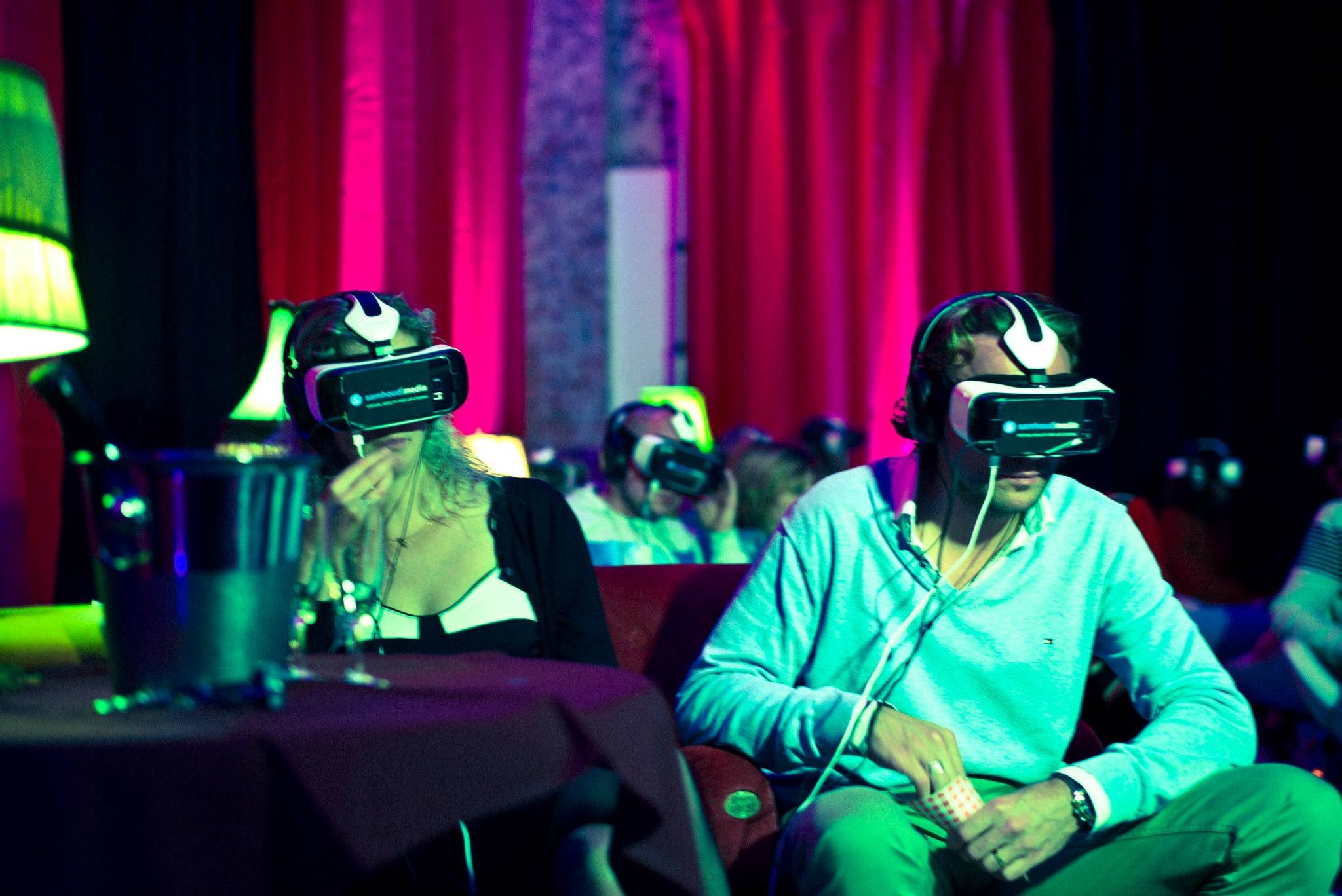Second MFCO Early Career-Graduate Conference hosted by the Department of Media, Film and Communication, University of Otago, New Zealand
Featuring: Associate Professor Sean Redmond (Deakin University, Australia) & Associate Professor Catherine Fowler (University of Otago, New Zealand)
Conference conveners: Owain Gwynne and Kevin Fletcher
Date: Thursday, 9 June 2016 - Friday, 10 June 2016
Time: 8:30am - 5:00pm

We are surrounded by media texts – films, television shows, songs, comics, videogames to name but a few. With the growing range of technologies at our disposal, our relationships with media texts and practices are continually evolving, opening up new avenues for inquiry into audiences and reception research. What do these texts mean to us? How do they shape our lives and experiences? Rather than merely receive the texts they encounter, audiences experience texts, not as commodities, but as instances of intense emotional or affective engagement. Texts shape our understanding of the world and the ways we experience it – they make us laugh, cry, think and dream. They delight and infuriate. They have the power to help us create realities, to relive the past, or to stir us to action and activism. Our everyday interactions with media take many forms and range from identity performance on social media, to nostalgic attachments, and to fandoms. This conference is interested in new ways of making sense of these special relationships between texts and audiences, taking into account how such textual interactions are situated culturally, transnationally and historically.
This interdisciplinary conference invites papers to address the ways in which audiences receive, create, engage with and experience texts. Papers that address (but are not limited to) new approaches to the following topics / questions are welcome:
- Youth audiences – How might younger audiences engage with texts in different ways than older audiences? Does new media affect generational engagement?
- Fandom - What does it mean to be a 'fan' of something? How are different fandoms enacted / performed, including in an academic context? What is the distinction between research and fandom?
- Celebrity culture – How does contemporary celebrity culture inform industrial shifts in media production and consumption? What are the racialised and geographical dimensions of celebrity and star production?
- Paratexts - How do people take up paratexts (e.g., trailers, prequels, conventions)? How do paratexts construct frameworks of expectations or redefine the meanings of the primary text?
- Relocating moving images – How are accepted models of viewing and reception changed by the 'relocation' of cinema in art galleries, museums, public and private spaces?
- Audience research and methodologies – What new research and technological developments are being employed in the study of audiences? How do new technologies such as eye tracking, virtual and augmented reality contribute to reception studies?
- Affective audiences – How do debates about embodiment and cognition offer new ways of understanding viewer engagement with texts in both domestic and theatrical contexts? How does phenomenological research intersect with moving-image culture?
- Audiences and intellectual property - What is the audience's role in contributing marketing labour to media companies in the contemporary global copyright regime? How do fan-activists use copyrighted texts to promote counter-hegemonic interests?
- Audiences and space - What is the role of space in fandom, cinephilia and telephilia? How do diasporic people engage with texts from the 'homeland'?
- Old versus new media in audience studies – How does the focus on new media displace the continuing importance of old media for audiences? Does engaging with 'old' media through new media platforms complicate that engagement, and if so how? What do 'new' media forms reveal about 'older' audience practices?
The conference is free for accepted presenters and open to interested attendees. There will also be a masterclass led by Associate Professor Sean Redmond on June 8, and a workshop on audience study methodologies by Dr. Rosemary Overell. The masterclass and workshop are also free but are open to a limited number of participants. For more information on the masterclass and the workshop, and how to register, please contact the conference conveners below.
Presenters at Revisiting Audiences will be offered the opportunity for a refereed publication in Working Paper Series in the Department of Media, Film and Communication's flagship journal.
Please contact the conference conveners with any enquiries and / or expressions of interest. Abstracts of about 200 words with an accompanying bio of no more than 50 words should be submitted as an email attachment in Microsoft Word to the conference email address: mfco_ecg@otago.ac.nz by April 22, 2016. A response to all submissions will be sent by May 1, 2016.